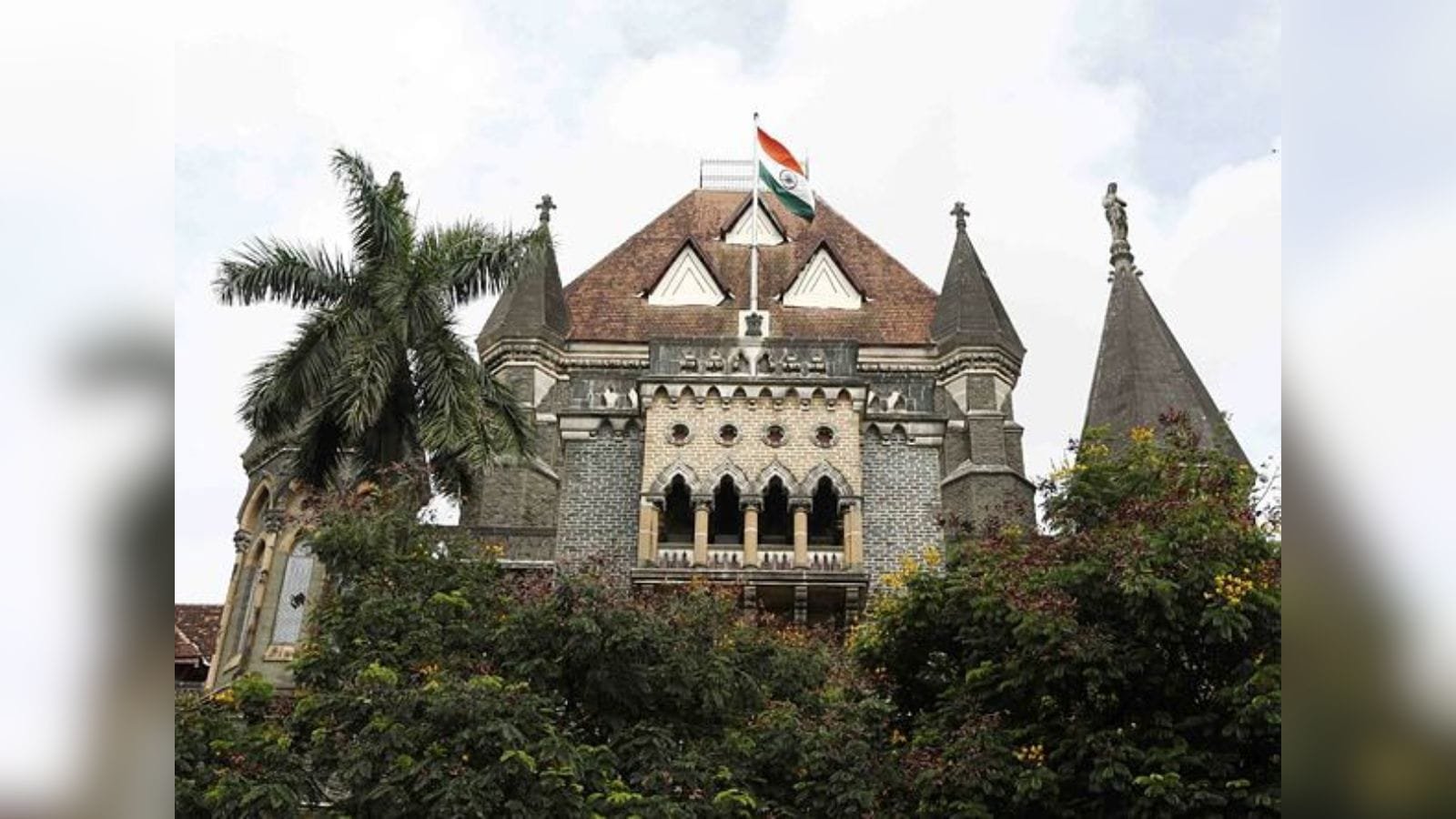
Hearing a plea by a 19-year-old student from Pune who was rusticated by her college after a social media post amid Operation Sindoor and later arrested and jailed, the Bombay High Court on Tuesday pulled up the Maharashtra government and Sinhgad Academy of Engineering for the action taken against her.
Sinhgad Academy of Engineering in Pune had rusticated the second-year Information Technology student on May 9 after an FIR was registered against her at the Kondhwa police station in Pune. She was arrested on the same day and is currently lodged in Yerawada jail.
Seeking direction from the Bombay High Court to quash the rustication, the student sought that she be reinstated and be allowed to appear for the semester exams that were to begin from May 24.
Hearing her plea on Tuesday, a vacation bench of Justices Gauri V Godse and Somasekhar Sundaresan said that she should be released from jail to appear for exams. She has already faced consequences for her post, and as she has expressed remorse, she needs to be reformed, the court said.
The court asked her lawyer to file a criminal petition seeking her release, which will be heard later in the day.
The Pune college’s rustication letter stated that while the institution recognised the right to free expression, it also expected students “to exercise such rights responsibly and within the bounds of the law”. It further said that the student’s posts on her social media account “have been deemed to undermine the reputation of the college and may incite disharmony within the campus community and society”.
In her plea, filed through advocate Farhana Shah, the student claimed she was rusticated in an “arbitrary” manner without issuing any show-cause notice or any opportunity to be heard and the same was in violation of the principles of natural justice and infringed upon her fundamental rights under Articles 14, 19(1)(a) and 21 of the Constitution.
Story continues below this ad
The petitioner contended that she had merely re-posted the Instagram post without any ill-intention and had immediately apologised.
During the hearing, Justice Godse orally remarked to the lawyer representing the institute: “What is this? What kind of conduct is this? Someone expresses something, you want to ruin the life of a student? How can you rusticate like this? Did you call for any explanation? We understand you want to take some action, but you cannot refrain her from appearing for exams. Let her appear for the remaining papers.”
After the lawyer representing the college said that the action was taken considering “national interest”, the bench went on to remark: “What national interest? This is an age to make mistakes and rectify. She has already faced consequences. What impact will a student’s comment have on national interest? She has suffered enough. You are treating her like a criminal. She accepted she made a mistake and removed it. You need to reform her. You need to help her, or you want to convert her into a criminal?”
After the college’s lawyer said that it supports students, the bench said that the institution could hold an inquiry, but its action should be with the intention to reform the petitioner.
Story continues below this ad
“Educational institutions should not do this. You are supporting her so that she gets converted into a criminal? What kind of approach is this,” the bench questioned the college.
The court was informed that the sessions court is likely to hear the student’s bail application on Wednesday, May 27, but she has to appear for an exam on the same day.
After Additional Government Pleader P P Kakade submitted that she can appear for exams with police escort while being in custody, the bench responded: “She is not a criminal. She cannot be asked to appear with police around her, and she has to be released (from custody).”
The court allowed Shah to file a criminal plea seeking her release and sought a government lawyer to take instructions from the police and posted a hearing later during the day.








